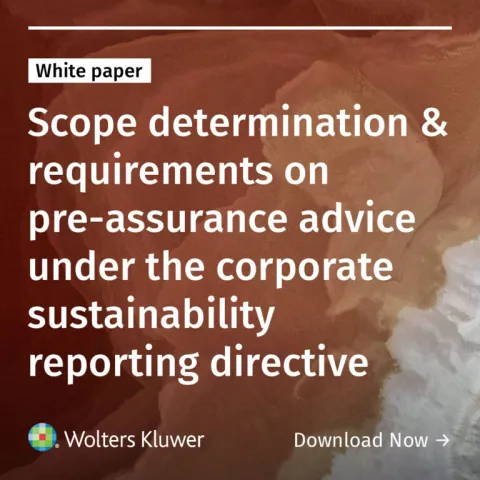Justice Huber: decision on German constitutional complaint against Unified Patent Court Agreement in first quarter of 2020
November 20, 2019
The constitutional complaint holding up the start of the Unified Patent Court will be decided upon in the first quarter of next year. Justice Peter Huber of the German Federal Constitutional Court (FCC), who is overseeing case 2 BvR 739/17, has said this in an exclusive interview with Managing IP.
Huber added that the time frame will depend on the time it takes for him and other judges at the FCC to deliberate on the case. “It is quite a detailed process that we follow because we have to look at every detail of how we formulate and word the [ruling],” he said according to the interview of Managing IP. “But it is likely that we will get along with it.”
In the interview, Huber denied that the FCC has been delaying its decision because of the Brexit. According to Managing IP, he described the allegation as "bullshit".
The German complaint against the Unified Patent Court Agreement was filed late March 2017 and led to the suspension of the German ratification procedure. This in turn delayed the entry into force of the whole UP system, as Germany is one of the member states that has to ratify before it can start.
If the complaint is dismissed, this doesn’t necessarily mean Germany will immediately complete the ratification procedure, as there is great uncertainty about the consequences for the UP system of the upcoming Brexit. Earlier this year, the German Ministry of Justice stated: ‘‘The issue of the withdrawal of the United Kingdom from the European Union (so-called Brexit) and its implications for European patent reform play an important role in the further implementation process of the Unified Patent Court Agreement. The real and legal implications of withdrawing must be examined with regard to the Agreement and agreed at European level. This opinion forming is currently not finalized, not least because significant factors of the expected exit are not yet known.’ (see also this post)
If the complaint is admitted by the FCC, considerable delays and even the end of the Unitary Patent project are possible.
You may also like














Attentive Observer
I am waiting now for the proponents of the UPC to tell us, that the complaint will be dismissed.... I have every reason to believe the judge when he say he was incensed with the number of letters pushing him to decide, and one can manifestly say to dismiss the complaint. Lobbying has its limits, and those have been broken a while ago. I hope the complaint will be considered admissible and the numerous problems of the UPC will be discussed, and especially its conformity with EU law. Techrights: FINGERS OFF!!!!!
MaxDrei
I find it regrettable that a judge of Germany's highest court should use the B word in an interview with a journalist. Competition with the over-touchy, over-reactive Tweeter in the White House is not what I expect from the court. Let's think about it a bit more calmly. Suppose the journalist had avoided inclusion of the provocative word "delay" in their question. So; for example: "Is BREXIT slowing down the process of coming to a judgement?". Would Judge Huber's answer to the question thus expressed have been quite so intemperate? So I wonder, did MIP deliberately include the provocative word "delay" in order to goad the judge into a response that generates more publicity for MIP or, worse, to give the judge an opportunity to give his court a more edgy presence with the public?
Concerned observer
Is it just me, or is the interview provided by Justice Peter Huber highly irregular? I am struggling to recall a prior occasion on which a lead judge on a case discussed that case with the media prior to providing their judgement. Whilst the interview arguably only touches upon minor details, it is surely contrary to the interests of justice for a judge to make public pronouncements on ANY matters related to a case prior to final judgement. And to make such pronouncements to the media (instead of directly to the parties to the case) is also most peculiar. Perhaps most troubling of all is that Justice Huber is quoted as saying "Brexit is of no concern" to the BVerfG. This could perhaps be interpreted as referring solely to the timing of the BVerfG's judgement. However, given that the precise legal identity of the UPC (and, therefore, of the Participating States to that court) could well be a crucial issue upon which the BVerfG needs to decide, that statement is careless at best.
MaxDrei
In MIP, the by-line below the title of the Huber interview report is "Patrick Wingrove, London". So was the interview conducted in English or in German. I guess that Judge Huber has good English but is not bi-lingual or an English native speaker. Did Judge Huber give answers in German, later translated by MIP into English, or did he actually give in English his answers to these supremely delicate and controversial matters? In particular, his "no concern of mine" answer sounds flippant but I give him the benefit of the doubt. I guess he wanted to say that internal UK politics is no concern of his, his concern being exclusively the DE Constitution and EU law. Dragging the UK into his deliberations is indeed not needed. This year it is the UK. Next year it could be another EU Member State.